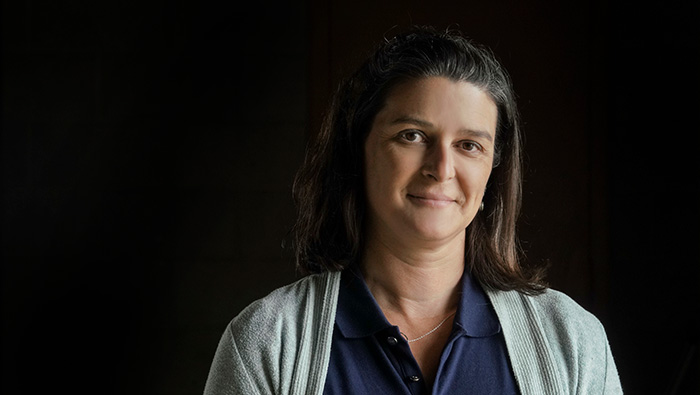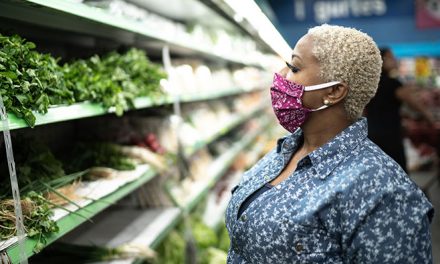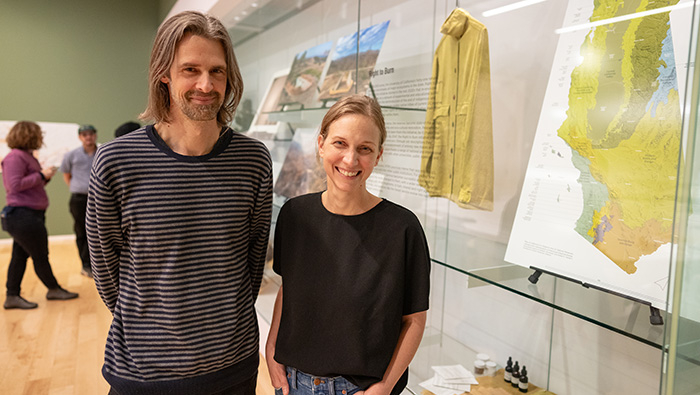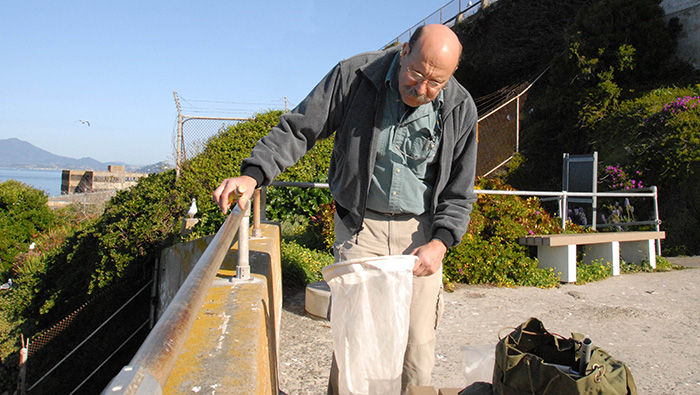
Meet the Oceanographer
When carbon dioxide enters the atmosphere, roughly 30% of it is absorbed by our oceans, a process called ocean acidification. Tessa Hill, a professor of Earth and planetary sciences and resident at the Bodega Marine Laboratory, studies this phenomenon and its effects on California coastal environments.
“I think about how climate change affects the food on our plate and fishermen and coastal communities who are trying to sustainably harvest from the ocean — and all of those intersections,” she said. “For example, under these changing chemical conditions mussels and oysters have a harder time building their shells, making them more susceptible to a crashing wave, or a predator, or a disease.”
Despite the overwhelming task at hand, Hill said she is fueled by the community. “We work with people in state and federal government who are worried about this issue. We work with conservation groups. We work with tribes in California and sustainable shellfish farmers. All the work we do is deeply embedded in people who care about the future of our ocean.”
Currently, Hill and members of the Bodega Marine Laboratory are compiling a California coastal data synthesis project. The goal is to format the complex oceanographic data in a manner straightforward enough for others to reference when making decisions about climate change and ocean protection.
And while reversing ocean chemical changes is daunting, Hill said she finds comfort in the smaller wins, like local solutions.
“We’ve been researching how seagrass meadows can be a climate solution tool for California. These meadows exist underwater and photosynthesize, removing carbon dioxide from the water and generating oxygen. If the state protected these meadows further, we could have local-scale carbon removal. This doesn’t solve the big-scale global problem, but these local solutions are important. We will need every possible solution to make a difference.”









